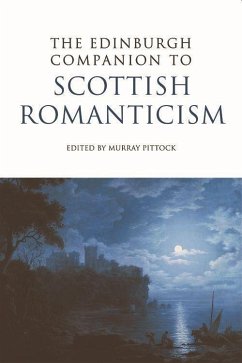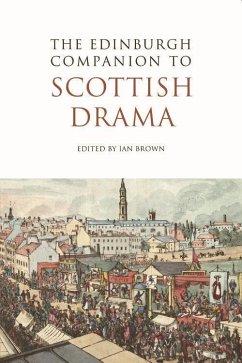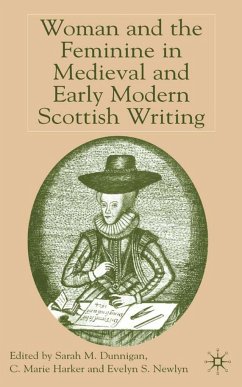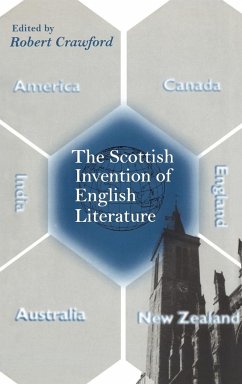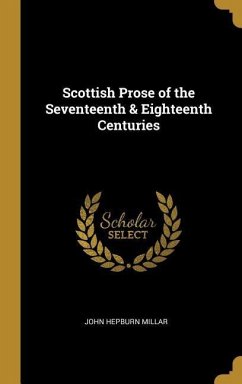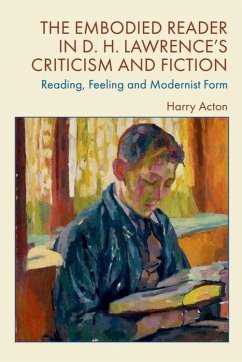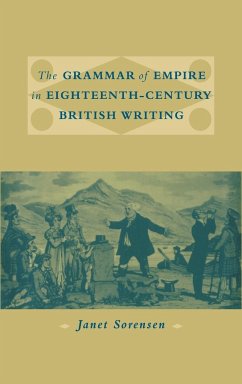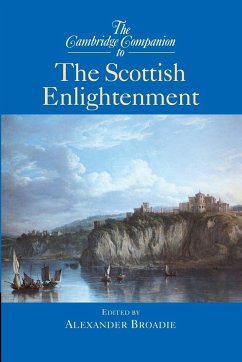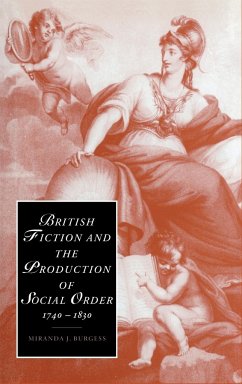Nicht lieferbar
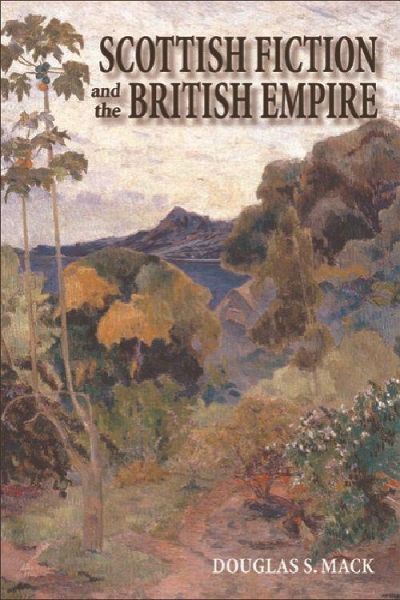
Scottish Fiction and the British Empire
Versandkostenfrei!
Nicht lieferbar
Scotland was an active -- albeit junior -- partner in the British Empire. But the poorer and more marginalized parts of Scottish society shared something of Ireland's experience of being at the receiving end of British imperial power. This created a long-lasting debate among Scottish novelists about the nature of Scotland's involvement in the power structures of the British Empire. Elite Scottish writers, such as Sir Walter Scott and John Buchan, did much to generate and promote imperial Britain's sense of itself. However, an alternative strand of Scottish writing was produced by authors with ...
Scotland was an active -- albeit junior -- partner in the British Empire. But the poorer and more marginalized parts of Scottish society shared something of Ireland's experience of being at the receiving end of British imperial power. This created a long-lasting debate among Scottish novelists about the nature of Scotland's involvement in the power structures of the British Empire. Elite Scottish writers, such as Sir Walter Scott and John Buchan, did much to generate and promote imperial Britain's sense of itself. However, an alternative strand of Scottish writing was produced by authors with roots in nonelite, "subaltern" Scotland, including James Hogg, Mary Macpherson (Mairi Mhor nan Oran), and Lewis Grassic Gibbon, as well as present-day writers such as James Kelman and Irvine Welsh. Douglas Mack argues that such writers actively challenge the "imperial grand narrative" and demonstrates that Scottish fiction was active and influential in shaping and subverting the assumptions that underpinned the British Empire.




